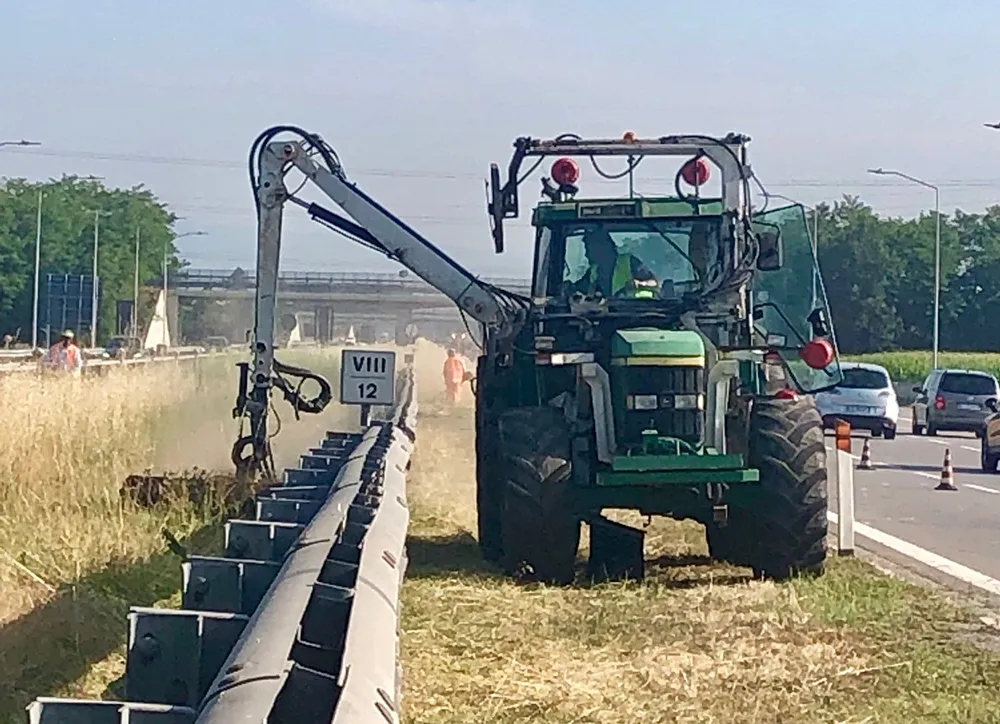A study reveals construction sector worries about public procurement practice in Poland. The study was commissioned by the Polish Ministry of Infrastructure and Development. Ulrich Paetzold, director general of FIEC, the European Construction Industry Federation commented that the study on how 'to implement intervention priorities as foreseen by the National Development Strategy 2020', “…confirms yet again some of the fundamental problems repeatedly stressed over several years by contractors and consulting
June 23, 2015
Read time: 2 mins
A study reveals construction sector worries about public procurement practice in Poland. The study was commissioned by the Polish Ministry of Infrastructure and Development. Ulrich Paetzold, director general of FIEC, the 6164 European Construction Industry Federation commented that the study on how 'to implement intervention priorities as foreseen by the National Development Strategy 2020', “…confirms yet again some of the fundamental problems repeatedly stressed over several years by contractors and consulting engineers in relation to the practice of procurement processes and contract management of infrastructure contracts in Poland."
"This study is another wake-up call for the Polish government to finally counter the deteriorating business conditions in the Polish infrastructure market, as illustrated already in February 2014 by a comprehensive Ernst &Young analysis of the road infrastructure market in Poland," added Frank Kehlenbach, director of EIC, the European International Contractors.
The issues highlighted by the expert study include untimely materialisation of strategic plans, low quality of design documentation, award of contracts based on the lowest-price and incompetence of clients in supervising and cooperating with the designers. They also include inappropriate risk distribution between the client and the contractor (assigning risks to contractors that are beyond their influence) and frequent changes in legislation due to systemic or operational deficiencies.
FIEC and EIC, together with their Polish partners, PZPB and ZPBUI are appealing again to the Polish government to take the necessary steps in order to remedy the shortcomings and counterproductive practices shown in several independent expert studies, in particular, to stop the current policy of shifting typical client's risks, to the construction industry.
The Polish construction sector looks forward to intensifying its collaboration with the current and future Minister for Transport and Development, in order to find both quick solutions for current problems and ways to improve the efficiency of infrastructure project management in the long-term.
"This study is another wake-up call for the Polish government to finally counter the deteriorating business conditions in the Polish infrastructure market, as illustrated already in February 2014 by a comprehensive Ernst &Young analysis of the road infrastructure market in Poland," added Frank Kehlenbach, director of EIC, the European International Contractors.
The issues highlighted by the expert study include untimely materialisation of strategic plans, low quality of design documentation, award of contracts based on the lowest-price and incompetence of clients in supervising and cooperating with the designers. They also include inappropriate risk distribution between the client and the contractor (assigning risks to contractors that are beyond their influence) and frequent changes in legislation due to systemic or operational deficiencies.
FIEC and EIC, together with their Polish partners, PZPB and ZPBUI are appealing again to the Polish government to take the necessary steps in order to remedy the shortcomings and counterproductive practices shown in several independent expert studies, in particular, to stop the current policy of shifting typical client's risks, to the construction industry.
The Polish construction sector looks forward to intensifying its collaboration with the current and future Minister for Transport and Development, in order to find both quick solutions for current problems and ways to improve the efficiency of infrastructure project management in the long-term.







